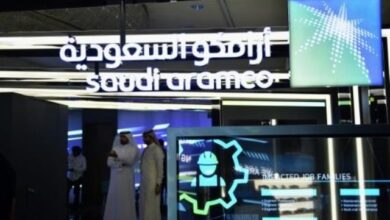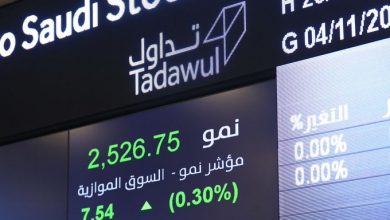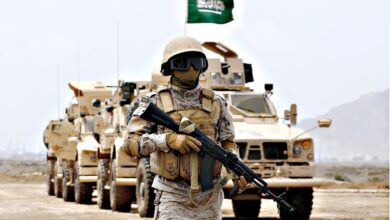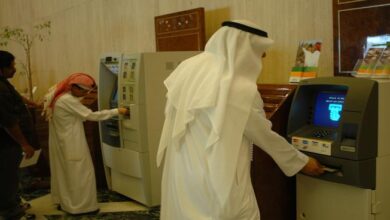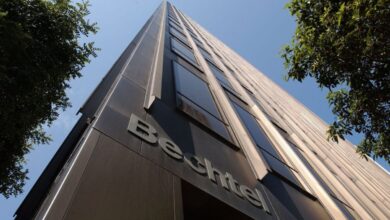Saudi’s grand economic vision has ‘credibility gap’
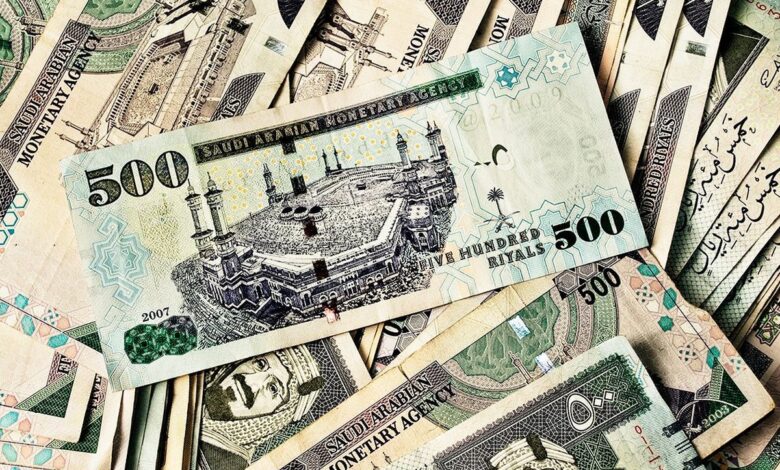
Gulf based executives have warned of a “credibility gap” after Saudi Arabia announced that it was committing itself to step up domestic investment following the double shock of low oil prices and the coronavirus pandemic.
Domestic investment is expected to rise by as much as $40bn annually over the next five years according to Yasir al-Rumayyan. The governor of the Public Investment Fund (PIF), the kingdom’s sovereign wealth fund, made the announcement days after the unveiling of the most ambitious project to date — the creation of a futuristic, carbon-free city that will stretch along a narrow 170km strip of Neom, the flagship development project of Crown Prince Mohamed bin Salman.
The fund is said to have a dual mandate to develop the economy and invest overseas. More than 30 companies have been established by PIF within the kingdom.
“We have 150bn riyals [$40bn] to be deployed [this year] and this is coming from us as equity” al-Rumayyan told the Financial Times. “Of course it’s not all going to go to Neom,” he said. But “we have an action plan and a road map taking us all the way to 2025”.
READ: The Line: a project with a mysterious source of funding
Analysts however have questioned how the kingdom will fund all Prince Mohammed’s grandiose schemes, which are part of his Vision 2030 plan to modernise the kingdom.
“It’s very difficult to see how the money stretches out, not only to go into Neom but into all the other megaprojects and ambitions they have,” a Gulf based executive is quoted in the FT. “If they get to half of what they are expecting, great. But at the moment there’s a credibility gap between what is being said and what is being done.”
The unnamed executive explained his scepticism saying that “with all these projects, until there is a little more than a publicity video there’s not going to be a lot of people taking them seriously.”
Despite the aspiration to increase domestic investment more than 20 per cent of PIF’s assets under its management still go towards foreign ventures, which is up from less than 5 per cent four years ago.
Explaining the gap between reality and aspiration, al-Rumayyan said that “the percentage will stay at the level of 20-30 per cent internationally. But remember our aspiration is to increase our [assets under management] from $400bn to $2tn in 2030. So we are not going to pull back on our international [strategy].”
Source: Middle East Monitor

